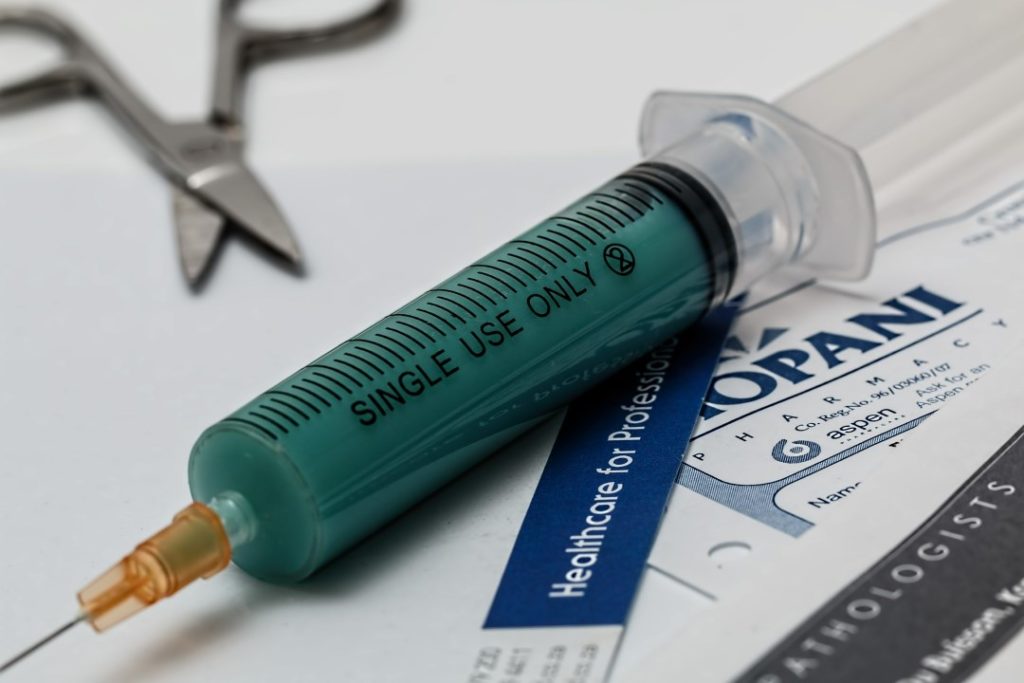
Contents
What is PCV Vaccine?
Pneumococcal conjugate vaccine (PCV) is one type of pneumococcal vaccines and it is a conjugate vaccine used to protect infants, young children, and adults against disease caused by the bacterium Streptococcus pneumoniae (the pneumococcus). Pneumococcal pneumonia is the most common form of bacterial pneumonia. Symptoms include high fever, chills, and a productive cough accompanied by pulmonary pain and breathing difficulties. Pneumococcal pneumonia is frequently associated with bacteremia (presence of bacteria in the blood). There is one more type of pneumoccal vaccine named Pneumococcal polysaccharide vaccine (PPSV23) is recommended for all adults 65 years or older. People 2 through 64 years old who are at high risk of pneumococcal disease should also receive PPSV23. The conjugate vaccine (PCV) is administered in the muscle.PCV Vaccine Immunization Schedule
- 6 weeks- PCV1
- 10weeks- PCV2
- 14weeks- PCV3
- 15months- PCV Booster
Effectiveness
The timing of this vaccination is very important for it to be effective. Your child’s individual booster schedule may be different from these guidelines. Follow your doctor’s instructions or the schedule recommended by the health department of the state you live in.Sife Effects
- About half of children became drowsy after the shot, had a temporary loss of appetite, or had redness or tenderness where the shot was given.
- About 1 out of 3 had swelling where the shot was given.
- About 1 out of 3 had a mild fever, and about 1 in 20 had a higher fever (over 102.2°F).
- Up to about 8 out of 10 became fussy or irritable.
- Adults receiving the vaccine have reported redness, pain, and swelling where the shot was given. Mild fever, fatigue, headache, chills, or muscle pain have also been reported.